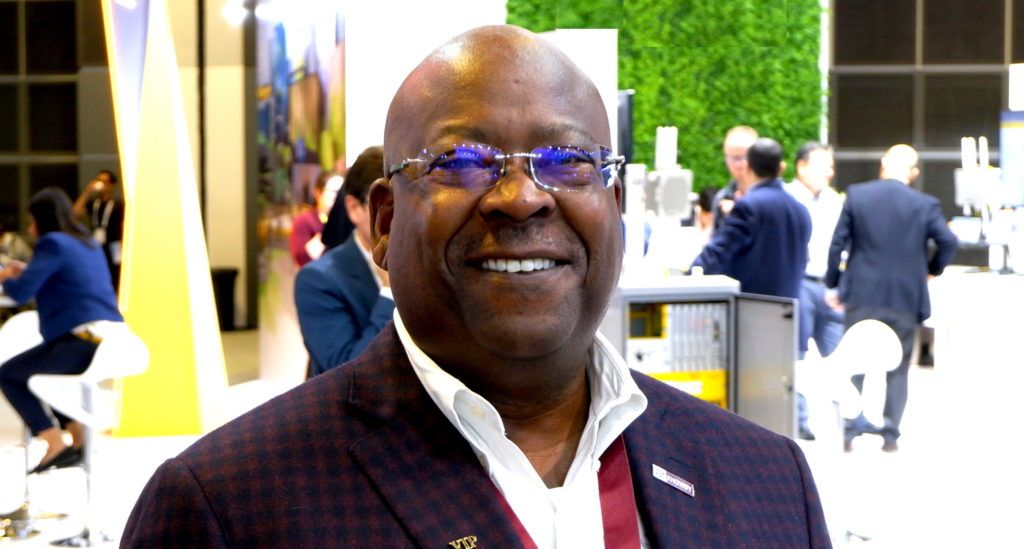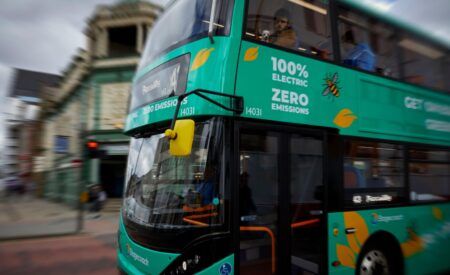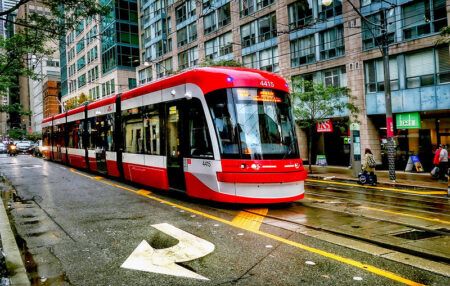A key challenge currently facing transportation authorities around the world is how to improve passenger confidence in public transit as the Covid-19 pandemic continues. Now, Greg Winfree, director the Texas A&M Transportation Institute, has declared addressing this issue a key mission.
Speaking on the latest TTI Podcast, Winfree points out that, while transit ridership is at an all-time low in most cities, the perception of the level of risk of disease transmission is perhaps out of line with the actual science.
“Our understanding is that the science may be leaning in one direction,” he says. “If you look at recent reports out of Europe, they’ve said that subway riding and other mass transit is safer, from a disease-transmission perspective, than perhaps other areas where humans congregate. The science in the urban legend never match up.
“Folks are understandably nervous about putting themselves in those kinds of scenarios. But part of our mission will be in turning the corner. We know what we’re dealing with – so what are the near- and long-term solutions we can bring, so that this virus and subsequent viruses aren’t able to be transmitted as quickly? Whether it’s through contact on surfaces, or circulation of air, either on subway platforms or in vehicles themselves – all of these are factors that lead to the transmission of disease.”

Winfree hopes that through projects at the Texas A&M Transportation Institute, and in the wider industry, transit managers and vehicle designers can now begin working more closely together than ever before.
“We want to focus on bringing together disciplines that haven’t necessarily worked together before, to work collectively on these ideas,” he says. “Because we won’t get the solutions we need if we just try to deal with it working only in our own realms.”
To hear Greg Winfree’s further thinking on the transportation challenges posed by the coronavirus pandemic along with his insight into connected vehicle testing and much more, don’t miss the latest episode of the TTI Podcast.





